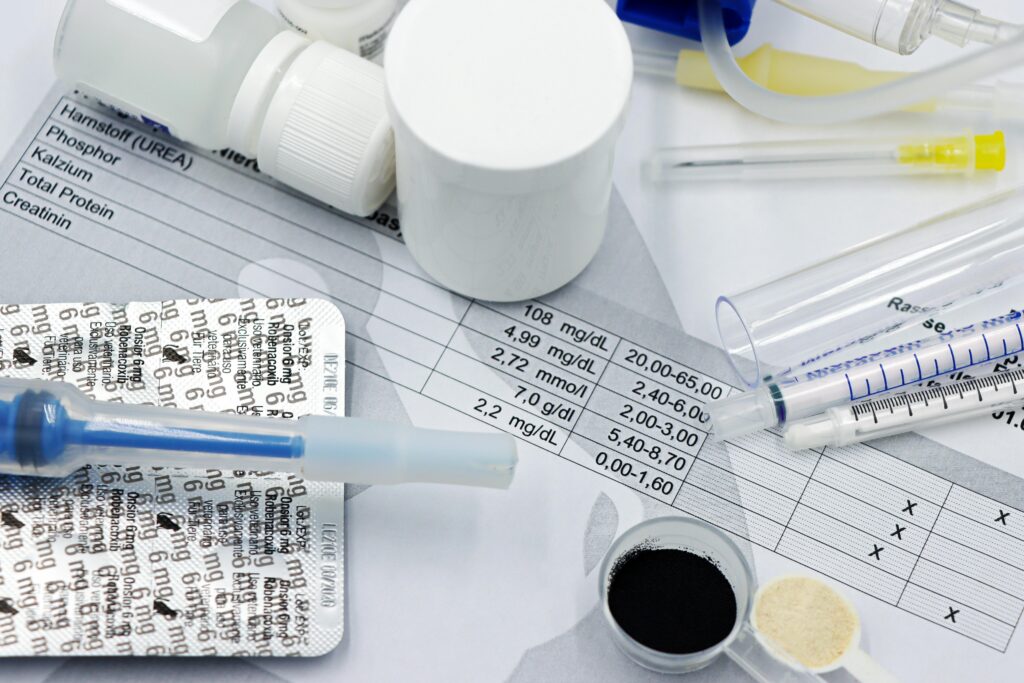-
×
 Terra Felis Souprème 70g For Cats – Duck
1 × £1.69
Terra Felis Souprème 70g For Cats – Duck
1 × £1.69
Indar Pet
My Pet Has Been Diagnosed with Kidney or Urinary Problems — What Now?
Facing Kidney and Urinary Issues in Pets: A Story of Hope and Action
Receiving the words “kidney disease (CKD)” or “urinary issues” about your beloved pet can feel like the ground has shifted beneath you. It’s overwhelming, frightening, and often leaves you wondering if you’re doing enough. I know this feeling all too well — because I’ve lived it with Trasto, my 16-year-old cat.
At 14, during a routine veterinary check-up, we discovered he had Chronic Kidney Disease (CKD). The symptoms were subtle at first — he had started losing weight, his muscle mass decreased, and he was drinking more water than usual. The news was scary, and I felt a mixture of guilt, worry, and uncertainty. Many of you reading this might feel the same — it’s completely natural.
Taking Action
The moment you hear a diagnosis, it can feel like time slows down. You may feel helpless, anxious, or even scared of making the wrong decisions. But this is also the moment to take action. I began researching solutions, speaking with trusted professionals, and learning everything I could about supporting Trasto’s kidneys. Diagnosis is not the end — it’s the beginning of a new, proactive way to care for them.
CKD and many urinary problems are ongoing conditions, but with careful attention, pets can remain stable, happy, playful, and even regain weight.
Animals Affected
Many cats and dogs face similar challenges. Signs may include increased thirst, frequent urination, weight loss, or low energy. These changes can be subtle, and sometimes we miss them — but they are your pet’s way of telling you they need extra care. These conditions are not a sentence; they are a call to action. And responding promptly is the best way to show your love, because our pets would do anything for us if the roles were reversed.
Stories of Hope
-
Trasto’s Journey: Despite CKD, Trasto’s life remains full of joy. His appetite, energy, and playful spirit have returned thanks to careful monitoring, nutrition, supplements, and love. Every day is a small victory, and it shows that chronic conditions do not mean giving up.
-
Pelusa’s Recovery: Pelusa, my Golden Retriever, suffered from frequent urinary tract infections. Her discomfort was heartbreaking, and it was difficult to watch her worry. By adjusting her diet, supporting hydration, and introducing targeted supplements under veterinary guidance, her infections gradually disappeared. Seeing her healthy, playful, and comfortable again was incredibly rewarding — a reminder that proactive care works.
Steps You Can Take for Your Pet
-
Work Closely with Your Vet
Regular check-ups, blood tests, and urine analysis are essential. These help monitor kidney function and urinary health, so adjustments in diet or supplements can be made as needed. -
Track Symptoms at Home
Take note of changes in water intake, urination, appetite, weight, or energy. Keeping a simple journal can make a big difference and provide invaluable insight to your vet. -
Adjust Nutrition
Diet is one of the most powerful tools for supporting kidney and urinary health. Moisture-rich foods, controlled phosphorus levels, and supportive supplements can help maintain balance and wellbeing. -
Introduce New Habits
Hydration stations, wet food, supplements, and daily routines may feel overwhelming at first. But over time, they become part of life and greatly support your pet’s health. -
Support Emotionally
Your pet senses your mood. Stay calm, positive, and loving. Play with them, cuddle, and spend quality time together — these moments matter as much as any medicine.
You Are Not Alone
Hearing a diagnosis can be daunting, and it’s normal to feel fear, guilt, or sadness. But remember, taking steps early makes a tangible difference. Join communities, share stories, and learn from others — you’ll find support, hope, and practical tips.
At Indar Pet, we believe in empowering owners with knowledge and inspiration. Your experiences, tips, and photos can guide and encourage others facing similar challenges.
Your Turn:
Has your pet been diagnosed with kidney or urinary issues? What steps have you taken to support them? Share your stories, and advice in the comments — your journey could inspire someone else to take action and give their pet the best life possible. Be The Hero For Your Furry Friend!

